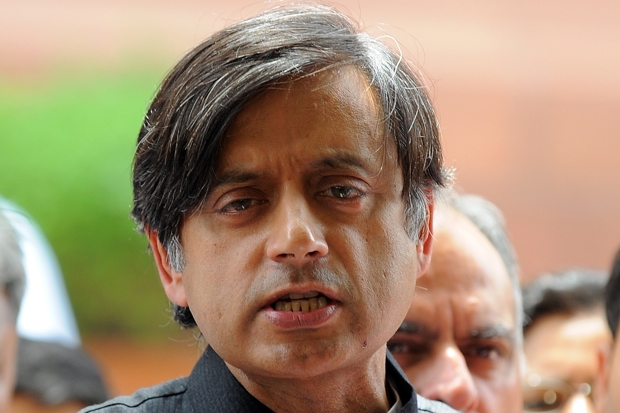As one of a parade of speakers debating the British empire at the Oxford Union, Shashi Tharoor cannot have expected his short speech to be viewed more than three million times. Reparations, he told his audience, ‘are a tool for you to atone for the wrongs that have been done. Let me say with the greatest possible respect: it’s a bit rich to oppress, enslave, kill, torture, maim people for 200 years and then celebrate the fact that they are democratic at the end of it.’ Tharoor, an MP in the opposition Congress party, was lauded by the Indian prime minister Narendra Modi, who said, ‘What he spoke there reflected the sentiments of the citizens of India.’ It was an inauspicious omen for Modi’s visit to Britain later this year, the first by an Indian prime minister in nearly a decade.
Reparations for war have a long history – the British liked to impose them at the drop of a hat, for example billing the Tibetan government Rs.







Comments
Join the debate for just $5 for 3 months
Be part of the conversation with other Spectator readers by getting your first three months for $5.
UNLOCK ACCESS Just $5 for 3 monthsAlready a subscriber? Log in